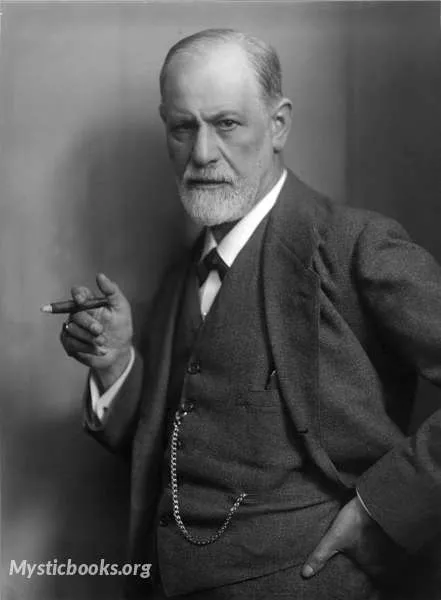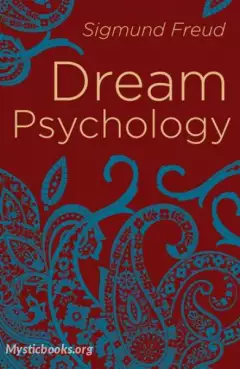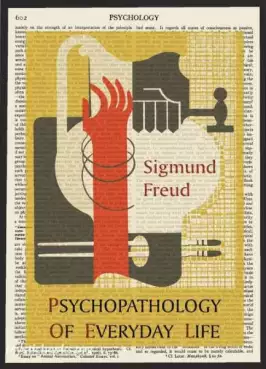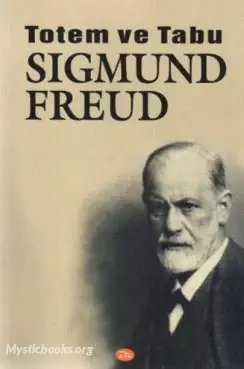
Timeline
Title
Country/Nationality
Sigmund Freud
Sigmund Freud ; born Sigismund Schlomo Freud was an Austrian neurologist and the founder of psychoanalysis, a clinical method for treating psychopathology through dialogue between a patient and a psychoanalyst.
Freud was born to Galician Jewish parents in the Moravian town of Freiberg, in the Austrian Empire. He qualified as a doctor of medicine in 1881 at the University of Vienna. Upon completing his habilitation in 1885, he was appointed a docent in neuropathology and became an affiliated professor in 1902. Freud lived and worked in Vienna, having set up his clinical practice there in 1886. In 1938, Freud left Austria to escape Nazi persecution. He died in exile in the United Kingdom in 1939.
In founding psychoanalysis, Freud developed therapeutic techniques such as the use of free association and discovered transference, establishing its central role in the analytic process. Freud's redefinition of sexuality to include its infantile forms led him to formulate the Oedipus complex as the central tenet of psychoanalytical theory. His analysis of dreams as wish-fulfillments provided him with models for the clinical analysis of symptom formation and the underlying mechanisms of repression. On this basis Freud elaborated his theory of the unconscious and went on to develop a model of psychic structure comprising id, ego and super-ego. Freud postulated the existence of libido, a sexualized energy with which mental processes and structures are invested and which generates erotic attachments, and a death drive, the source of compulsive repetition, hate, aggression and neurotic guilt. In his later works, Freud developed a wide-ranging interpretation and critique of religion and culture.
Though in overall decline as a diagnostic and clinical practice, psychoanalysis remains influential within psychology, psychiatry, and psychotherapy, and across the humanities. It thus continues to generate extensive and highly contested debate with regard to its therapeutic efficacy, its scientific status, and whether it advances or hinders the feminist cause. Nonetheless, Freud's work has suffused contemporary Western thought and popular culture. W. H. Auden's 1940 poetic tribute to Freud describes him as having created "a whole climate of opinion / under whom we conduct our different lives."
Books by Sigmund Freud

Dream Psychology
From the dawn of human consciousness, dreams have always fascinated us. Do they mean something? Do dreams help us see into the future? These questions have intrigued us for centuries. Sigmund Freud was one of the first people to examine dreams seriou...

Psychopathology of Everyday Life
Psychopathology of Everyday Life is a 1901 work by Sigmund Freud, the founder of psychoanalysis. Based on Freud's researches into slips and parapraxes from 1897 onwards, it became perhaps the best-known of all Freud's writings.

The Interpretation of Dreams
The Interpretation of Dreams is an 1899 book by Sigmund Freud, the founder of psychoanalysis, in which the author introduces his theory of the unconscious with respect to dream interpretation, and discusses what would later become the theory of the O...

A General Introduction to Psychoanalysis
Introduction to Psychoanalysis or Introductory Lectures on Psycho-Analysis is a set of lectures given by Sigmund Freud, the founder of psychoanalysis, in 1915–1917 (published 1916–1917, in English 1920). The 28 lectures offer an elementary stock-taki...

Reflections on War and Death
Anyone, as Freud tells us in Reflections on War and Death, forced to react against his own impulses may be described as a hypocrite, whether he is conscious of it or not. One might even venture to assert—it is still Freud's argument—that our contempo...

Totem and Taboo
Totem and Taboo: Resemblances Between the Mental Lives of Savages and Neurotics, or Totem and Taboo: Some Points of Agreement between the Mental Lives of Savages and Neurotics is a 1913 book by Sigmund Freud, the founder of psychoanalysis, in which t...

The Origin and Development of Psychoanalysis
A series of lectures given in the USA by Freud in German, later translated into English.

Über Psychoanalyse
"Über Psychoanalyse" von Sigmund Freud ist eine Sammlung von fünf Vorlesungen, die der Autor anlässlich des 20-jährigen Bestehens der Clark University in Worcester, Massachusetts, hielt. In diesen Vorlesungen erörtert Freud die Ursprünge und Ziele de...

Three Contributions to the Theory of Sex
This book, originally published in 1905 and expanded upon in subsequent editions, explores three key aspects of human sexuality according to Sigmund Freud's psychoanalytic theory. The first essay examines the origins and prevalence of what Freud term...